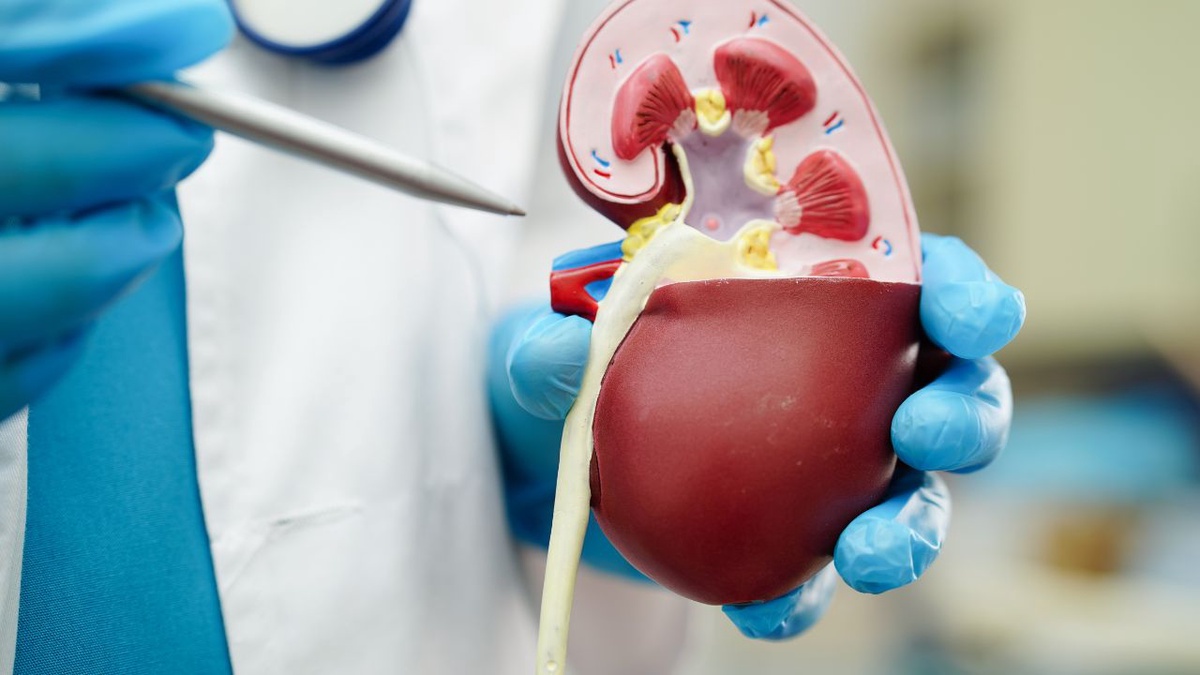Introduction:
Kidney cancer, also known as renal cell carcinoma, is a formidable adversary affecting millions worldwide. Despite its prevalence, misconceptions often cloud understanding of this condition. In this comprehensive guide, we'll debunk seven prevalent myths surrounding kidney cancer, shedding light on the realities and providing insights into effective treatment for kidney cancer and renal cell carcinoma.
Myth 1: Kidney Cancer Only Affects Older Individuals
Fact: While kidney cancer predominantly occurs in older adults, it can develop at any age. Younger individuals, albeit rare, are also susceptible to this disease. Therefore, age alone cannot discount the risk of kidney cancer.
Myth 2: Only Smokers Are at Risk for Kidney Cancer
Fact: Although smoking is a significant risk factor for kidney cancer, non-smokers can also develop the disease. Other risk factors include obesity, high blood pressure, family history, and certain genetic conditions. It's essential to recognize multiple risk factors and not solely attribute kidney cancer to smoking.
Myth 3: Kidney Cancer Is Always Symptom-Free
Fact: While some cases of kidney cancer may exhibit no symptoms in the early stages, others may present noticeable signs such as blood in urine, persistent pain in the side, unexplained weight loss, and fatigue. Early detection through routine check-ups and symptom awareness is crucial for timely diagnosis and treatment.
Myth 4: Surgery Is the Only Treatment for Kidney Cancer
Fact: While surgery, such as nephrectomy, is often the primary treatment for kidney cancer, several other therapeutic options exist. These include targeted therapy, immunotherapy, radiation therapy, and in some cases, active surveillance for small, low-risk tumors. The choice of treatment depends on various factors, including the stage and aggressiveness of the cancer.
Myth 5: Kidney Cancer Always Spreads Rapidly
Fact: While kidney cancer can spread aggressively in some cases, it may progress slowly in others. Early-stage kidney cancers are often localized and may not metastasize for years. However, it's essential to monitor the disease closely and follow recommended treatment plans to prevent progression.
Myth 6: Herbal Remedies Can Cure Kidney Cancer
Fact: While some herbal remedies may have health benefits, there is no scientific evidence to support their efficacy in treating kidney cancer. Relying solely on alternative treatments can delay or compromise effective medical intervention. It's crucial to consult healthcare professionals for evidence-based treatments.
Myth 7: There's No Hope for Advanced Kidney Cancer
Fact: While advanced kidney cancer presents significant challenges, advances in medical research have led to promising treatments. Targeted therapies and immunotherapies have shown remarkable efficacy in extending survival and improving quality of life for patients with advanced renal cell carcinoma. Clinical trials also offer opportunities to access innovative treatments and contribute to medical advancements.
Conclusion:
By dispelling these common myths and highlighting the facts surrounding kidney cancer, we aim to empower individuals with accurate information and promote proactive measures for prevention, early detection, and effective treatment. Remember, understanding the truth about kidney cancer is the first step toward combating this disease. If you or someone you know is affected by kidney cancer, seek support from healthcare professionals to explore the best treatment for kidney cancer and renal cell carcinoma.


No comments yet